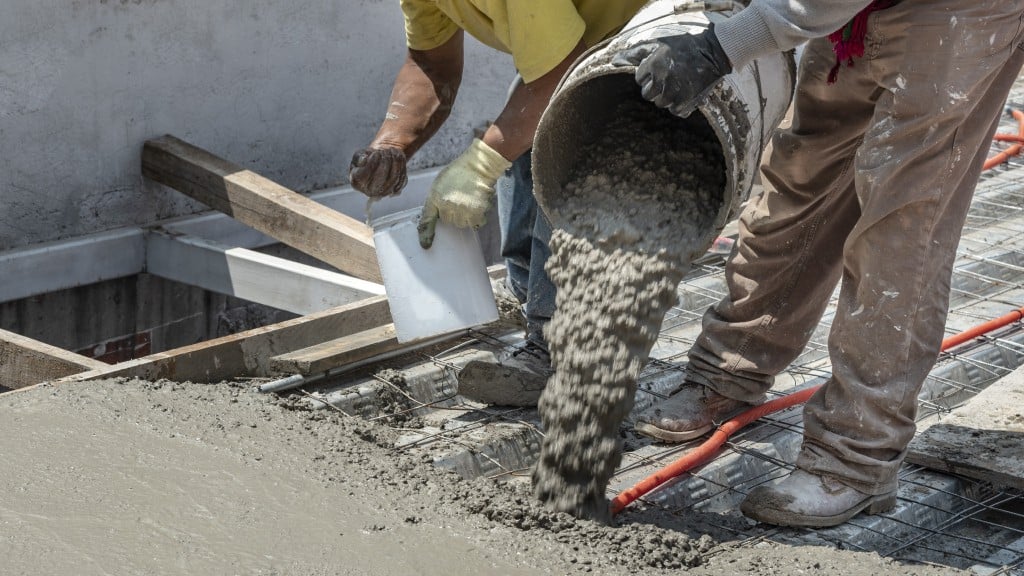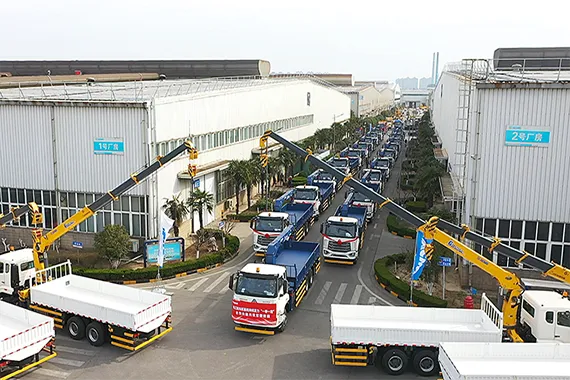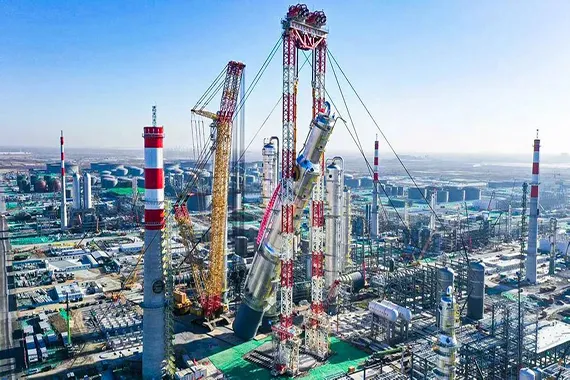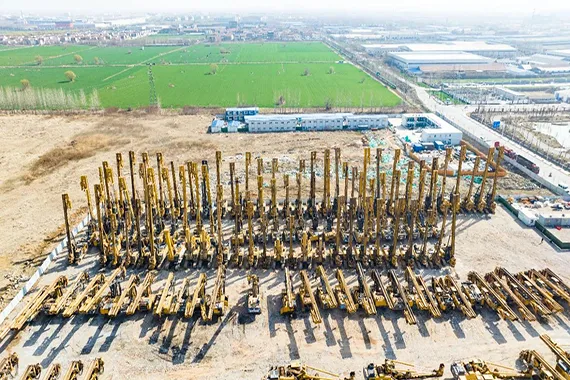Government of Canada and the CAC Launch Road Map to Achieve Net-zero Carbon Concrete by 2050

The Honourable François-Philippe Champagne,
Minister of Innovation, Science and Industry, along with Marie Glenn, Chair of
the Board of the Cement Association of Canada (CAC) and Vice President of
Enterprise Strategy at Ash Grove Cement Inc., and Adam Auer, President and CEO
of the CAC, have announced the release of the Roadmap to Net-Zero Carbon
Concrete by 2050.
Concrete is the most widely used building
material globally, and the cement required to produce it accounts for seven
percent of global CO2 emissions and around 1.5 percent of Canada's emissions.
With the support and collaboration of the Canadian government and partners
across the construction value chain, Canada's cement and concrete industry is
poised to eliminate over 15 million tonnes of greenhouse gas emissions by 2030,
followed by a reduction of more than 4 million tonnes annually from the
production of cement and concrete in Canada.
As an initial step, the roadmap includes a
2030 action plan that focuses on three priority areas: driving Canadian market
development, advancing innovation and transitioning in the industry, and
positioning Canada as a leader in the production, adoption, and export of
low-carbon cement and concrete products and technologies.
Through major transitional industrial
decarbonization projects, research and development, and standards and skills
development, collaboration between the government and the industry will further
support the cement and concrete industry's push towards net-zero by 2050. This
collaboration will also strengthen Canada's leadership in clean technologies,
paving the way to a clean-growth future.
Canada has also committed to co-lead the
Glasgow Breakthrough on Cement and Concrete, which will enable like-minded
countries to exchange best practices on policies, regulations, programs, and
other measures for decarbonizing the concrete and cement sector.
Together, these initiatives aim to
reinforce domestic efforts and international cooperation in industrial
decarbonization, making clean solutions affordable and accessible in every
sector while positioning Canada's cement and concrete industry to lead in the
production of low-carbon concrete through clean technologies and
forward-looking policy.



















